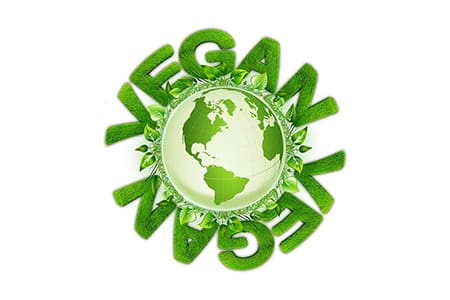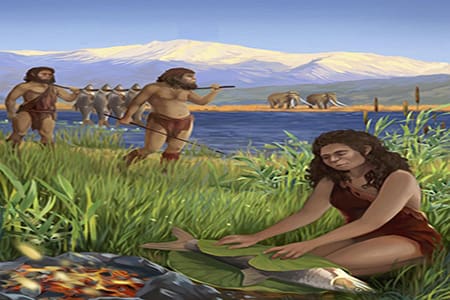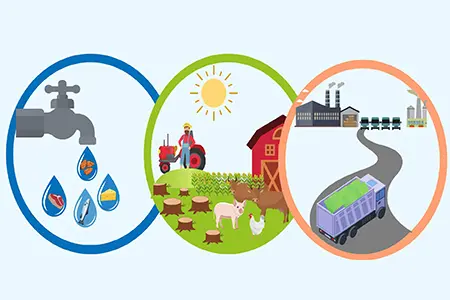This category investigates the human dimension of animal exploitation—how we as individuals and societies justify, sustain, or resist systems of cruelty. From cultural traditions and economic dependencies to public health and spiritual beliefs, our relationships with animals reflect the values we hold and the power structures we inhabit. The “Humans” section explores these connections, revealing how deeply intertwined our own well-being is with the lives we dominate.
We examine how meat-heavy diets, industrial farming, and global supply chains harm human nutrition, mental health, and local economies. Public health crises, food insecurity, and environmental collapse are not isolated events—they are symptoms of an unsustainable system that prioritizes profit over people and planet. At the same time, this category highlights hope and transformation: vegan families, athletes, communities, and activists who are reimagining the human-animal relationship and building more resilient, compassionate ways of living.
By confronting the ethical, cultural, and practical implications of animal use, we also face ourselves. What kind of society do we want to be part of? How do our choices reflect or betray our values? The path toward justice—for animals and for humans—is the same. Through awareness, empathy, and action, we can begin to repair the disconnection that fuels so much suffering, and move toward a more just and sustainable future.
Veganism, traditionally linked to ethical eating and animal rights, is increasingly recognised as a catalyst for social justice, bridging the fight for animal welfare with broader struggles against inequality. By addressing systemic issues such as racism, classism, gender disparities, and environmental degradation—all deeply rooted in the global food system—veganism offers a pathway to challenge oppression on multiple fronts. This growing movement also highlights the importance of inclusivity and accessibility within its own community, ensuring that plant-based living becomes viable for all, including marginalised groups. In this article, we examine how veganism intersects with social justice by tackling inequities perpetuated by animal agriculture while fostering sustainability and equity. From amplifying diverse voices to breaking down barriers in underserved areas, we explore how vegan advocacy can inspire meaningful change for humans and non-human animals alike


























































